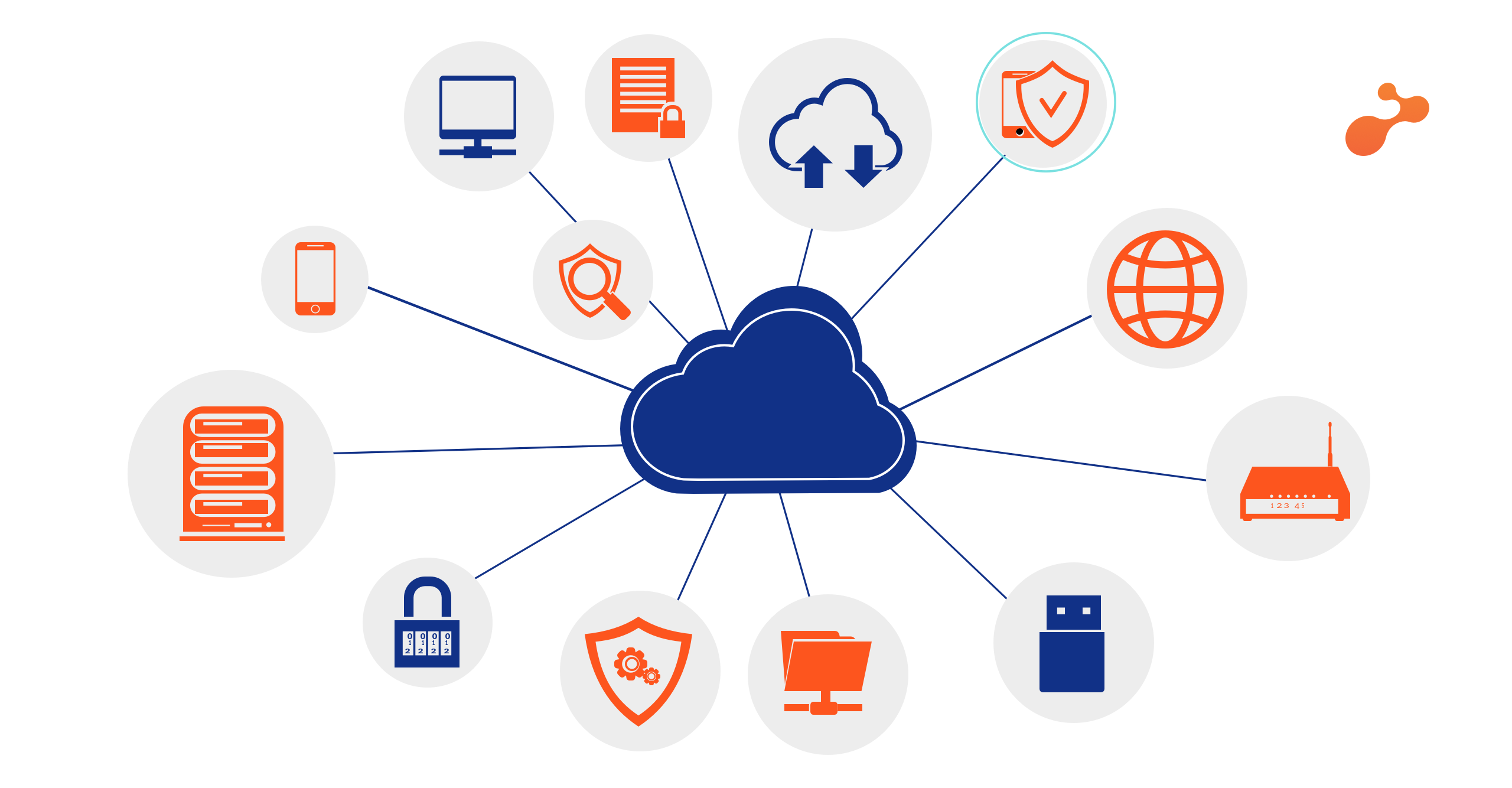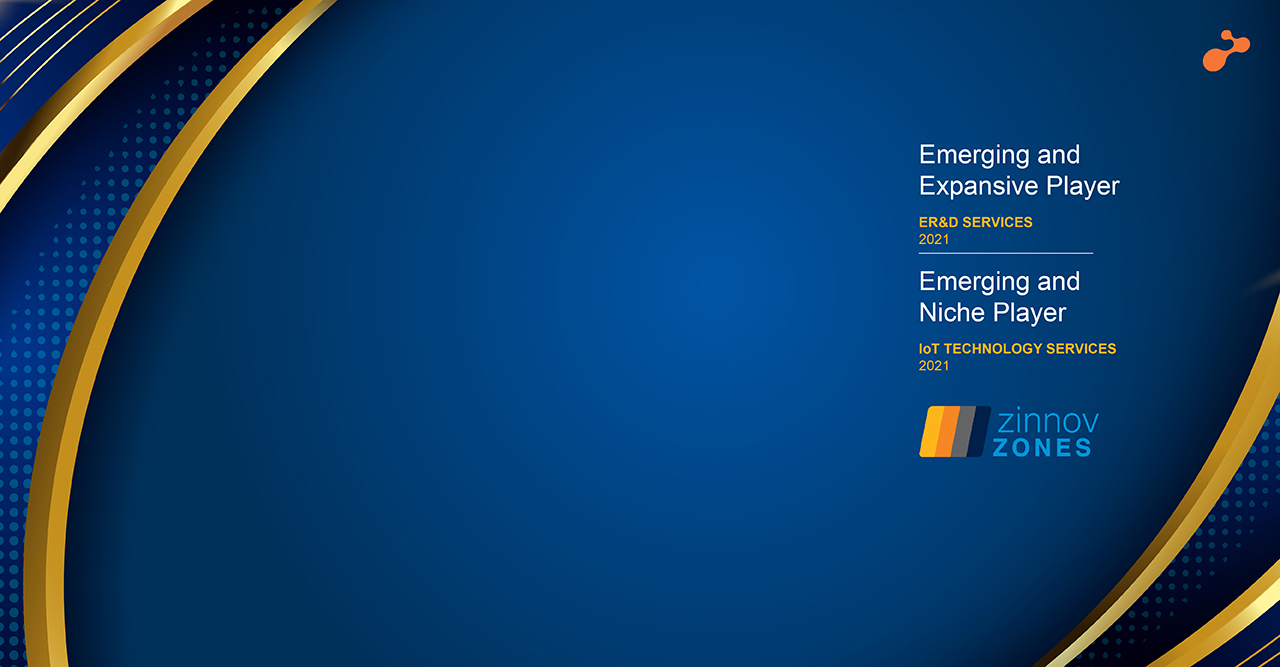In the first blog of the three-part series, we looked into why a cloud-based architecture is an ideal choice for customer-centric businesses like e-commerce. In this blog, we shall delve deeper into the four key concerns of CXOs for achieving e-commerce success.
How can you accomplish your edge? How can you be the one company that offers your audience an excellent online e-commerce experience than your competitors? One way is to get the framework right. That’s where cloud steps in. You can’t ignore cloud if you want to rule the marketplace regardless of the type of business and industry you serve.
In order to achieve this, there are four things which companies need to factor in and most CXOs are concerned about achieving these for their e-commerce success and this is enabled by the cloud. They are – Availability, Scalability, Disaster Recovery, and Security
Availability
To ensure your business goals are met, you need to distribute your workload based on consumption, traffic and even with geography. This is the key to success for all your e-commerce initiatives and cloud makes this possible.
Scalability
Cloud provides various scaling mechanism to ensure your business SLAs are met with your end users and your application is always available and scalable during the peak load hours or season.
Disaster Recovery
Cloud allows backup and recovery vault which allows you to take periodic backup of your application and data. There are various flexible database replications available from different data sources in the cloud. Hence your business is never at any risk of losing any data or users or transactions.
Security
Cloud provides the best security measures to safeguard data centers, so your business data is always in safe hands. Cloud offers various physical and software-based security measures. In Azure, your data at rest and in transit is always encrypted.
Engaging customers with customized products and offerings, processing transactions quickly and securely and fulfillment of customer service are the top priorities of any online business. A cloud platform smoothly addresses these major concerns of e-commerce business. In the next and last blog in the series, we shall explore how Microsoft Azure is aligned with e-commerce business and assists companies in accomplishing these key priorities.


.jpg)






.jpg)
